Forget the Queensland State of Origin dominance that saw the Maroons lose just one series between 2006-2017. For the generation that grew up in Queensland in the 1960s and 1970s, one-sided affairs were all they knew. And unfortunately, it was New South Wales who reigned supreme for two long decades.
By the time of the inaugural State of Origin match in 1980, Queensland hadn't won a series since 1959. The interstate series was little more than a joke, played in front of crowds in Sydney that could best be described as pathetic.
It's why Queensland legend Chris Close believes interstate football was saved by the vision of those who brought the Origin concept to life in 1980.
"You don't need to be Einstein to realise that representative football was effectively dead," Close told Wide World of Sports.
"New South Wales was dominant, they were really one-sided contests, New South Wales won 20 years in a row.
"When I started in 1979 we weren't doing any better. We didn't do a lot that year except get convincingly beaten."
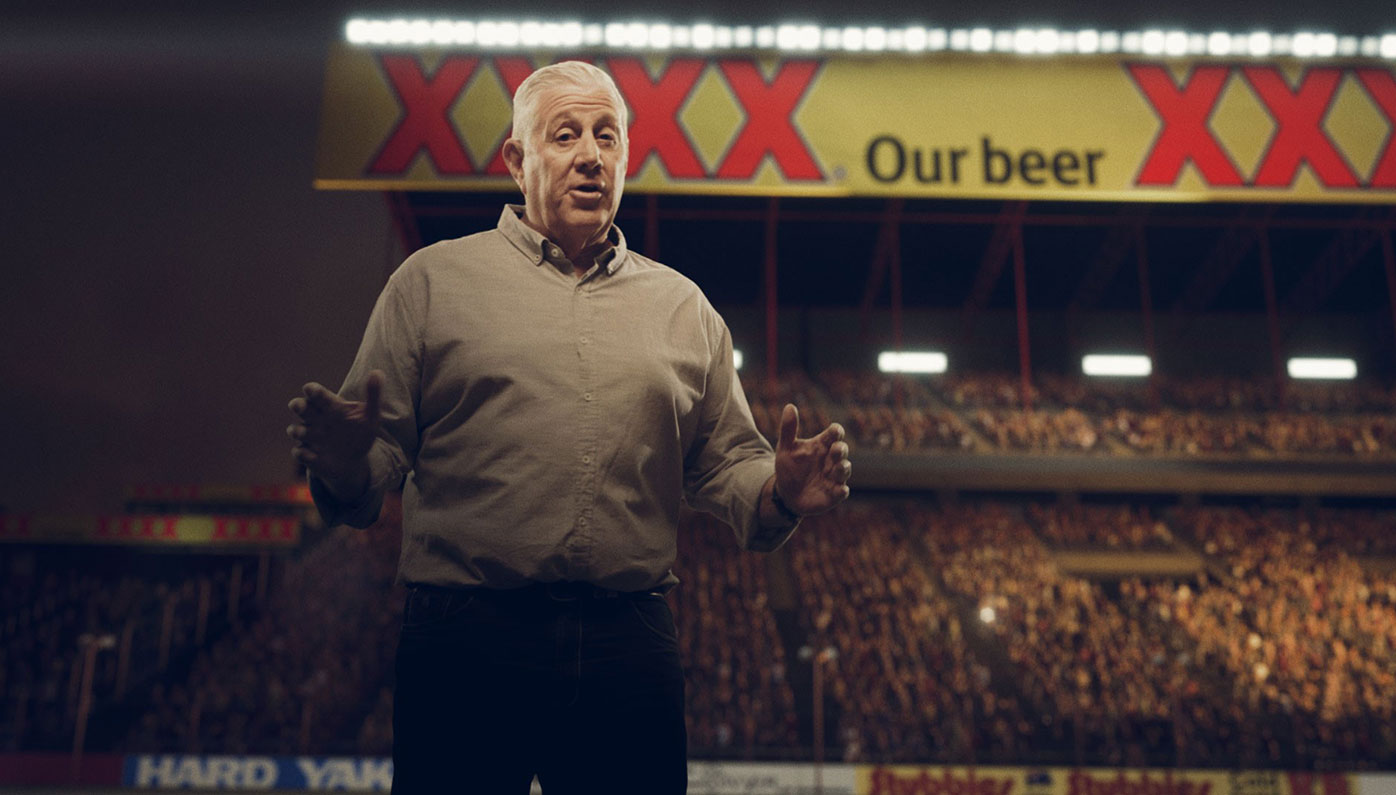
Close, who was man of the match in each of the first two Origin matches, recalled his interstate debut in 1979 at Leichhardt Oval, where a pre-match crowd of around 5000 became about 500 by kick-off, with most fans leaving after the schoolboy curtain raiser.
"They all buggered off, and all that was left was a few spectators and a dog, and even the dog went home at half-time!" he laughed.
"It was really interesting, and it really steeled us for Origin when it was introduced."
The Origin concept had been floated a number of times through the 1970s, but Close believes the time was right by 1980, with then Queensland Rugby League boss Ron McAuliffe a driving force behind the idea, along with his New South Wales counterpart Kevin Humphries.
"The Queensland players were really open to change, whereas New South Wales probably couldn't have cared less," Close recalled.
"I don't think anyone realised just how desperate it was for the game.
"I remember talking to Ken Arthurson when I went to Manly in 1982, and he told me quite categorically that if they didn't do something new, and if it wasn't successful, they were really very deeply concerned about the future of the game."
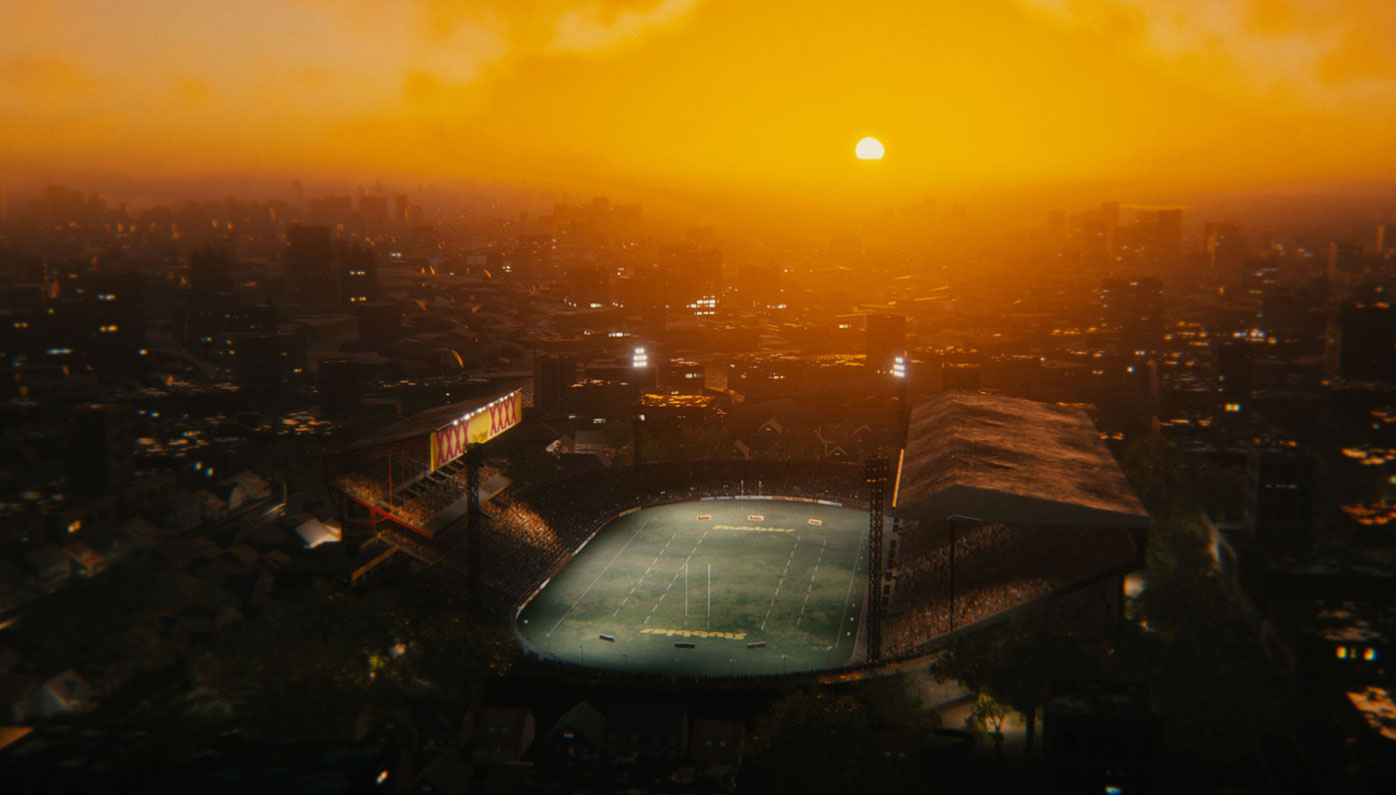
According to Close, a key factor in the success of Origin was the move to play the first four games at Lang Park (now Suncorp Stadium) in Brisbane.
No place for the faint-hearted, especially those wearing blue, the ground was synonymous with State of Origin in the early years.
"If the match had been played in Sydney I think it would have been made light of," Close explained.
"The Sydney journalists were very dismissive about the authenticity of it, and whether it would be competitive with club teammates playing against each other.
"But they forgot the parochialism of borders. It's the place where you grew up, and it's ingrained into you. At the end of the day they got everything right, which was very important."
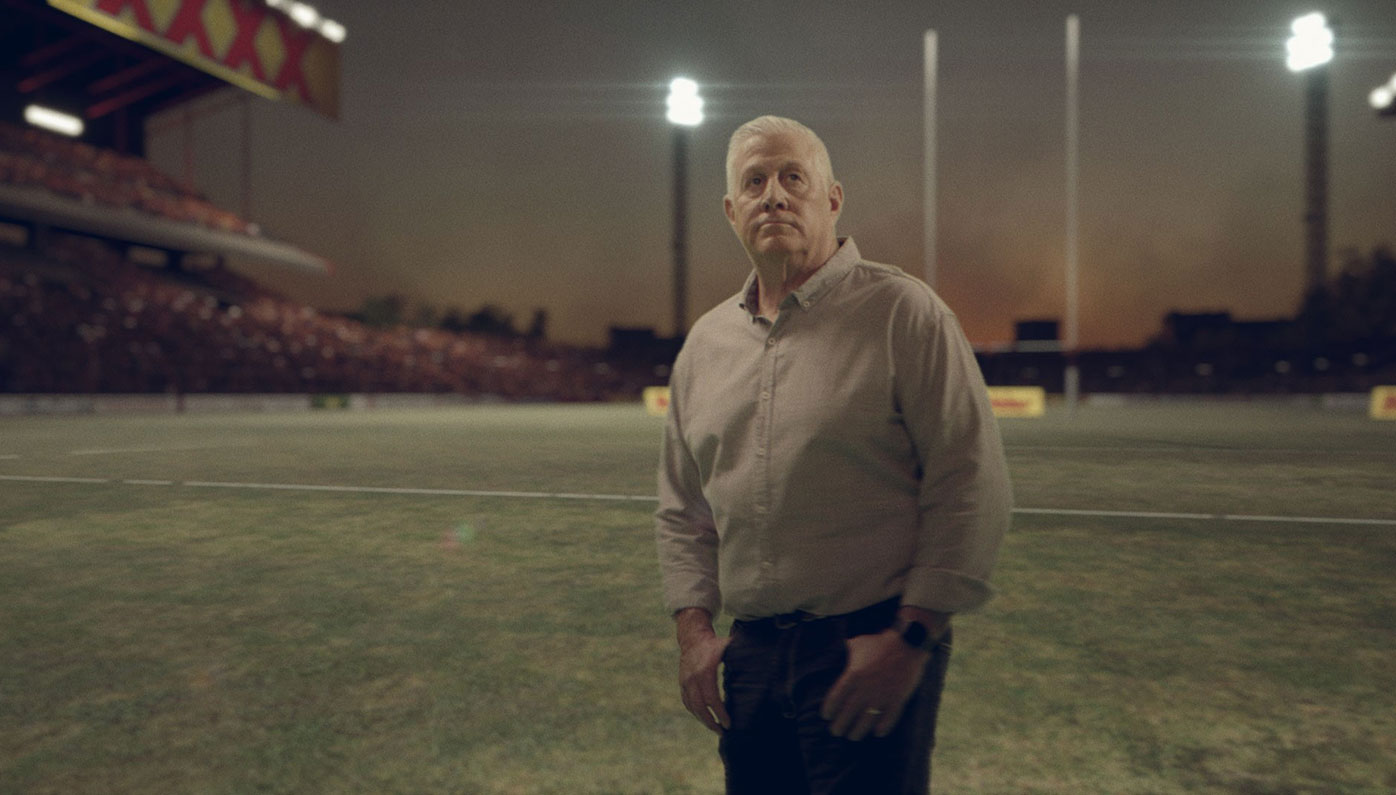
Four decades later, Wide World of Sports has partnered with Spectre Studios, Australia's leading virtual production company to take viewers back to the birthplace of State of Origin.
A large team of designers set about the painstaking task of recreating Lang Park as it was in 1980, using photos and archival footage integrated with the latest design tools from video gamers Ignite.
According to Spectre director Rick Pearce, the results, which will be seen during the opener to tonight's broadcast, are spectacular.
"Spectre was proud to partner with the Wide World of Sports team to bring 1980s Lang Park back to life for Origin One," he said.
"The Origin opener is such an iconic moment in the rugby league calendar, so using real-time gaming technology on State of Origin for the first time is an exciting adventure."
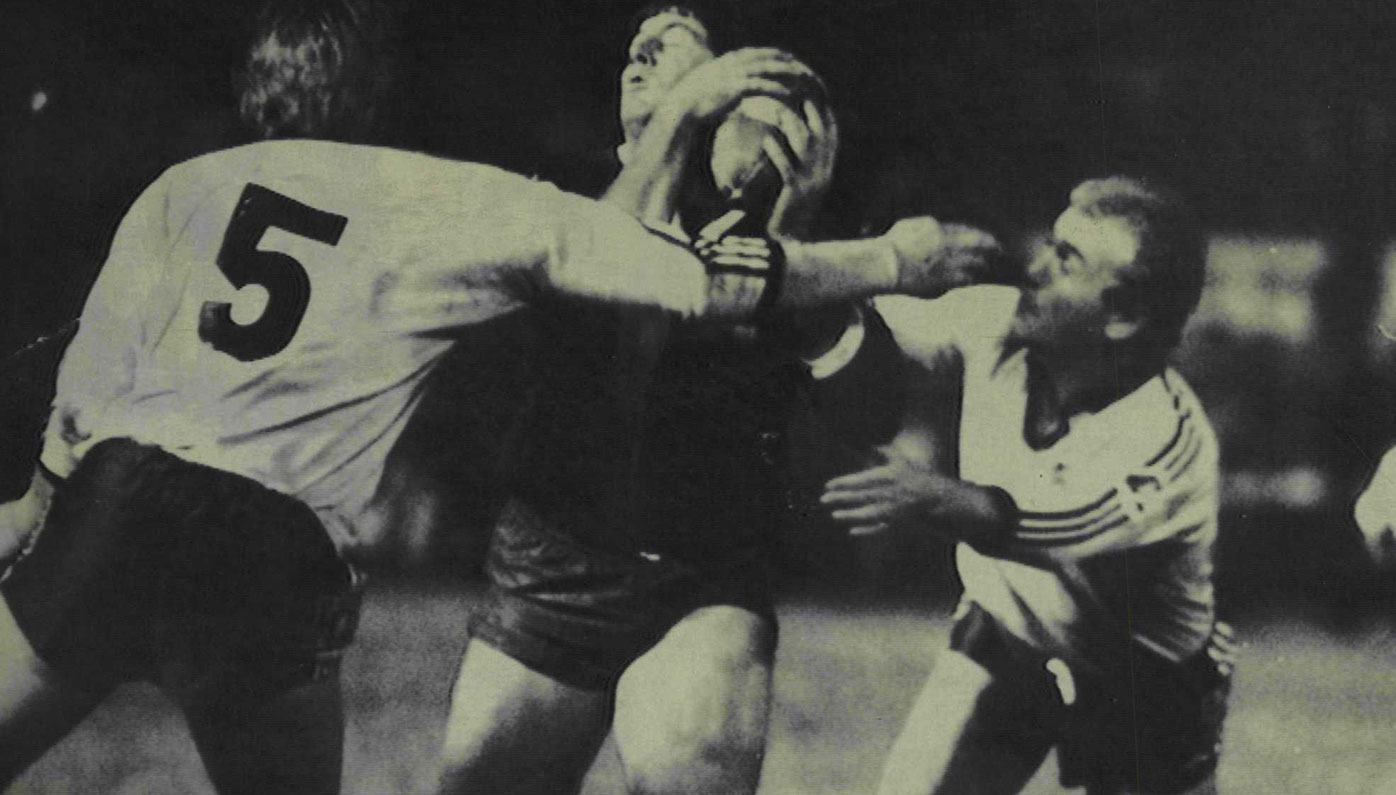
For Close, the opportunity to see Lang Park again as it was in 1980 was too good to pass up.
"Obviously, it was vastly different to what it is now," he said.
"The atmosphere, the crowd, the wooden seating, it was a fantastic place to play as a Queenslander.
"For me, there's a lot of wonderful memories of the ground."
Close said the hatred between the two teams had been brewing even before the first Origin match in July of 1980. Close and back-rower Rohan Hancock had been the only two Queensland residents named in the Australian side to tour New Zealand the previous month.
In a side dominated by New South Welshmen, Close and Hancock found themselves as outcasts.
"They had an air of arrogance about them, they treated us with disdain," he recalled.
"They were very disrespectful to Rohan, and he didn't deserve it. I got injured, and I was in a lot of pain on the flight home. I couldn't bend my leg, and there was an option to have one of the four seats with extra legroom where I didn't need to bend my leg.
"The four people in those seats were from NSW, and they refused to swap. So, I sat down for take-off and landing, but had to stand for the rest of the trip.
"By the time I got to Lang Park, I would have taken a knife onto the field and stabbed them in the heart if Arthur had asked me to."
Arthur, of course, is Arthur Beetson. Named as Queensland captain for that first match at the age of 35, he was a giant of the game.
With eight members of the Queensland side aged 21 or younger, Beetson's experience was invaluable.
"As soon as he opened his mouth he had this purpose to his voice," Close said.
"We all hung on his every word. He asked everyone if we thought we could win, and obviously everyone sort of mumbled that they thought we could.
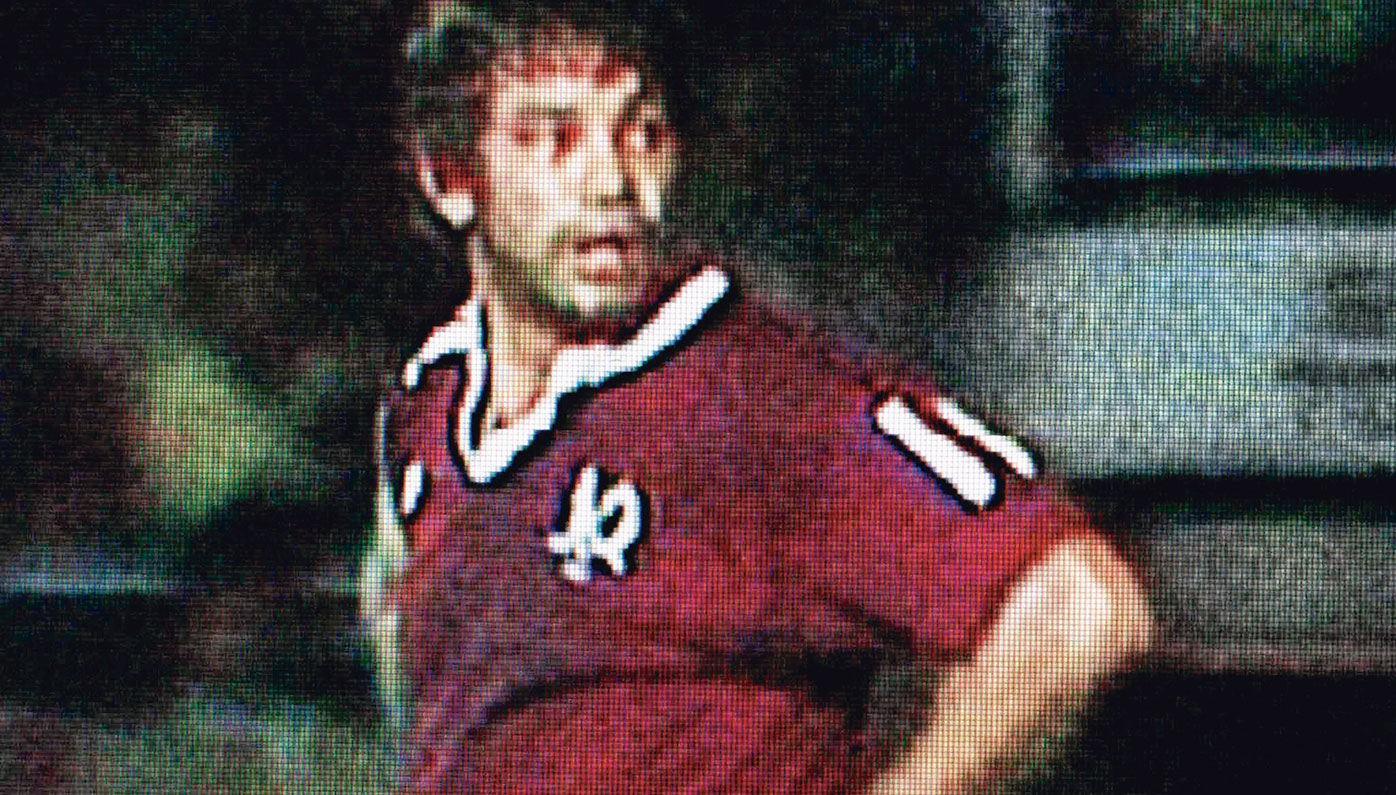
"He said: 'If you want to win you've got to think you can win, and I think we can win. I didn't come here to f--k around. I came here to win this game. There's 15 of them, and they've got two arms, two legs, two eyes and an arsehole, exactly the same as you. There's nothing else that separates them from you, except for what you're willing to give. If you don't want to give everything you've got, if you don't think you can win, then you may as well f--k off, because I don't want you here.'
"That really opened our eyes, and it lit a fire in me. I was thinking that he's 35 and I'm 21, I need to step up. I would have done anything he asked, I wouldn't have questioned a single thing."
Queensland's 20-10 victory in that opening match set the tone for the first five years of Origin football, so much so that New South Wales' first series win didn't come until 1985. Close believes Queensland treated Origin with more reverence and importance than New South Wales in those early years, although he concedes that's no longer the case.
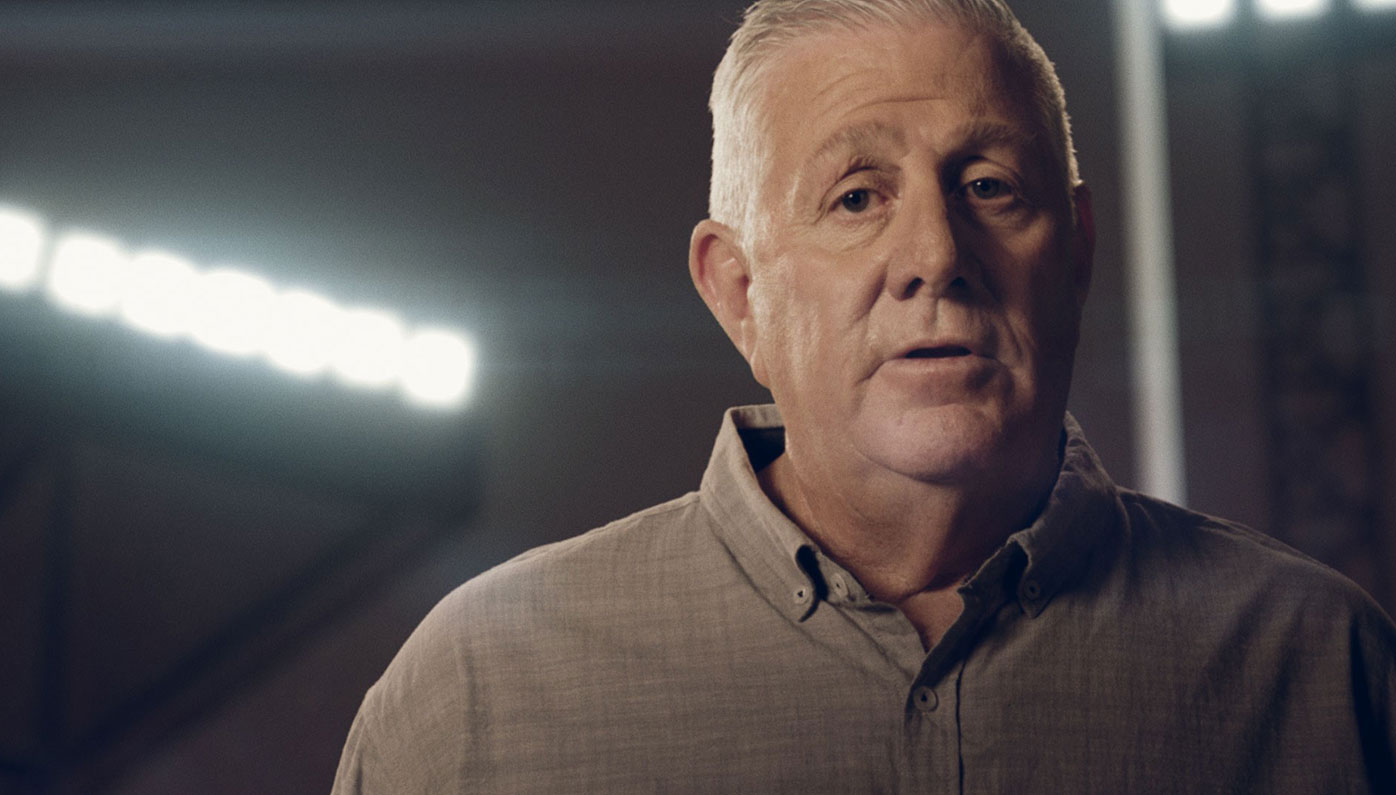
With New South Wales favourites to take a third series in a row in 2020, the mind is immediately drawn back to a famous quote often attributed to Close. In 2000, after the Blues had thumped Queensland 56-16 in Sydney, Close is often reported to have said the Origin concept was dead.
Given the chance to correct the record, he is adamant the quote is wrong.
"I never said that," he explained.
"What I said was that if Queensland didn't do something differently, we had no chance, we'd be back to where we were. We needed to re-establish our momentum, we'd lost the plot.
"I went to the people who I thought could make a difference. I made the phone call about 6am one day, I hadn't slept all night. I rang Dick 'Tosser' Turner and told him we can't just roll over and let this fade away.
"There'd been too much work, too much blood, too much sweat and too many tears to let the state down.
"I told 'Tosser' that we needed to get Wayne Bennett back for 2001, and make sure he understands he's got a job to do, and the rest is history."
As the game marks 40 years since that first Origin match, we remember the many moments over the years that have entered rugby league folklore.
But for those that were there at the beginning, their contribution to the success of the concept can never be underestimated.
"I'm very privileged to have been part of history," Close said.
"It's something that can't be wiped out, or written off. It was such a great era for Queensland, the state came of age on the back of that victory.
"Arthur led that, and I'll forever be grateful for his influence. After 20 years, Queensland had a rugby league team they could be proud of.
"When you think about, we were representing them, and it was great to be part of the history that can never be erased."
from WWOS https://ift.tt/3kUomte


No comments:
Post a Comment